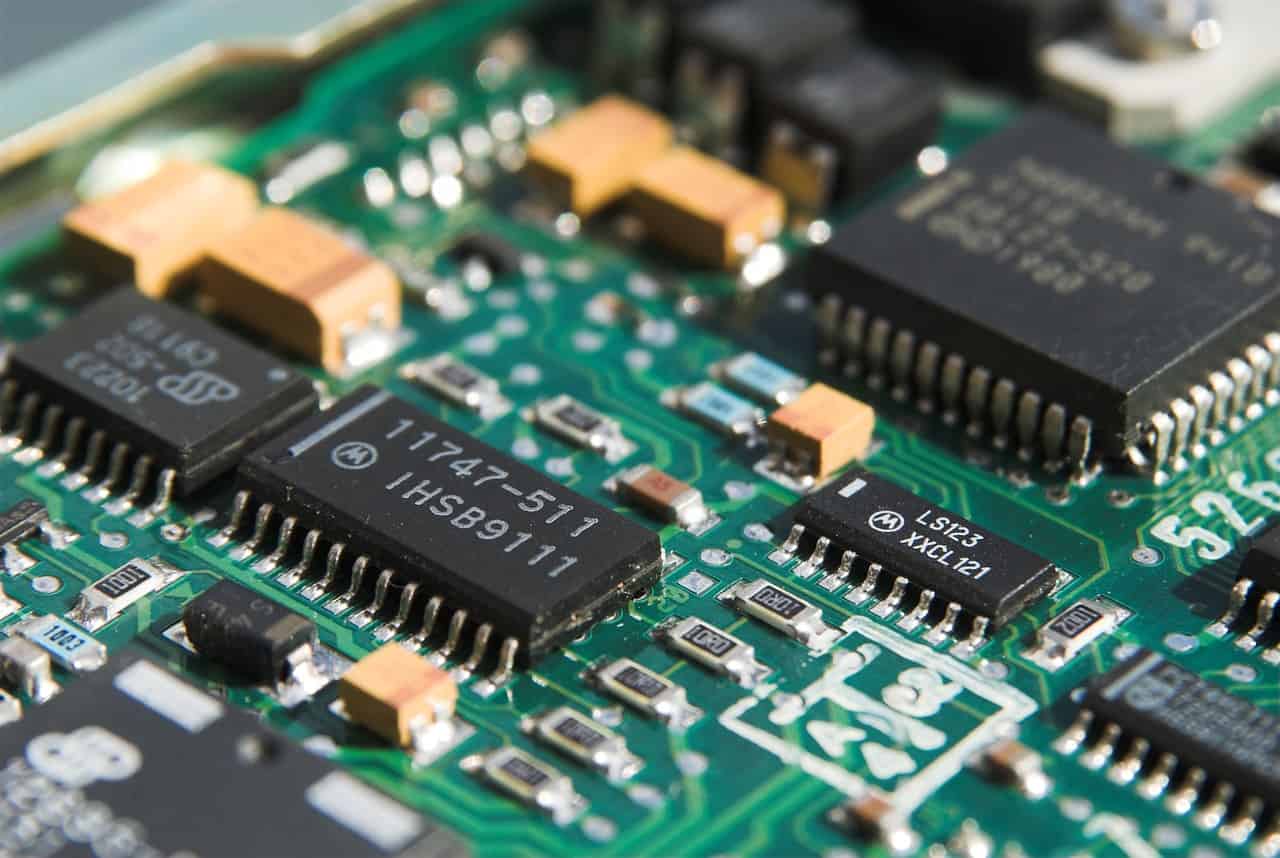

Boris Murmann, an internationally renowned expert in microchip and semiconductor development, aims to develop microchips in Hawaii and diversify the state's economy. Murmann plans to make chip design more publicly available and democratized by teaching a graduate course where students design their own chips using open source technologies. He also wants to establish a pipeline to help Mānoa graduates get well-paying jobs in the semiconductor industry in Hawaii. Murmann has spent 20 years at Stanford University and has worked on projects such as developing a chip for an artificial retina and machine learning chips for the Internet of Things. He sees the move to Hawaii as an opportunity to reinvent himself and contribute to the local community. [940b92a0]
An international project led by TU Graz aims to train specialists for the semiconductor industry. The GreenChips-EDU project brings together 15 universities, companies, and research institutions to promote the education of specialists in microelectronics. The European Commission is funding the four-year project with 7.15 million euros, and the Austrian Agency for Research Promotion is adding an additional 750,000 euros. The focus of the training is on the development and production of sustainable and energy-efficient microchips, as energy-saving microchips are essential for achieving climate goals in Europe. The goal is for 600 students to complete a bachelor's or master's degree during the project period, and the master's programs should continue after the project period. In addition to the study programs, GreenChips-EDU is developing further training programs for skilled workers in the industry. [61e9ee42]